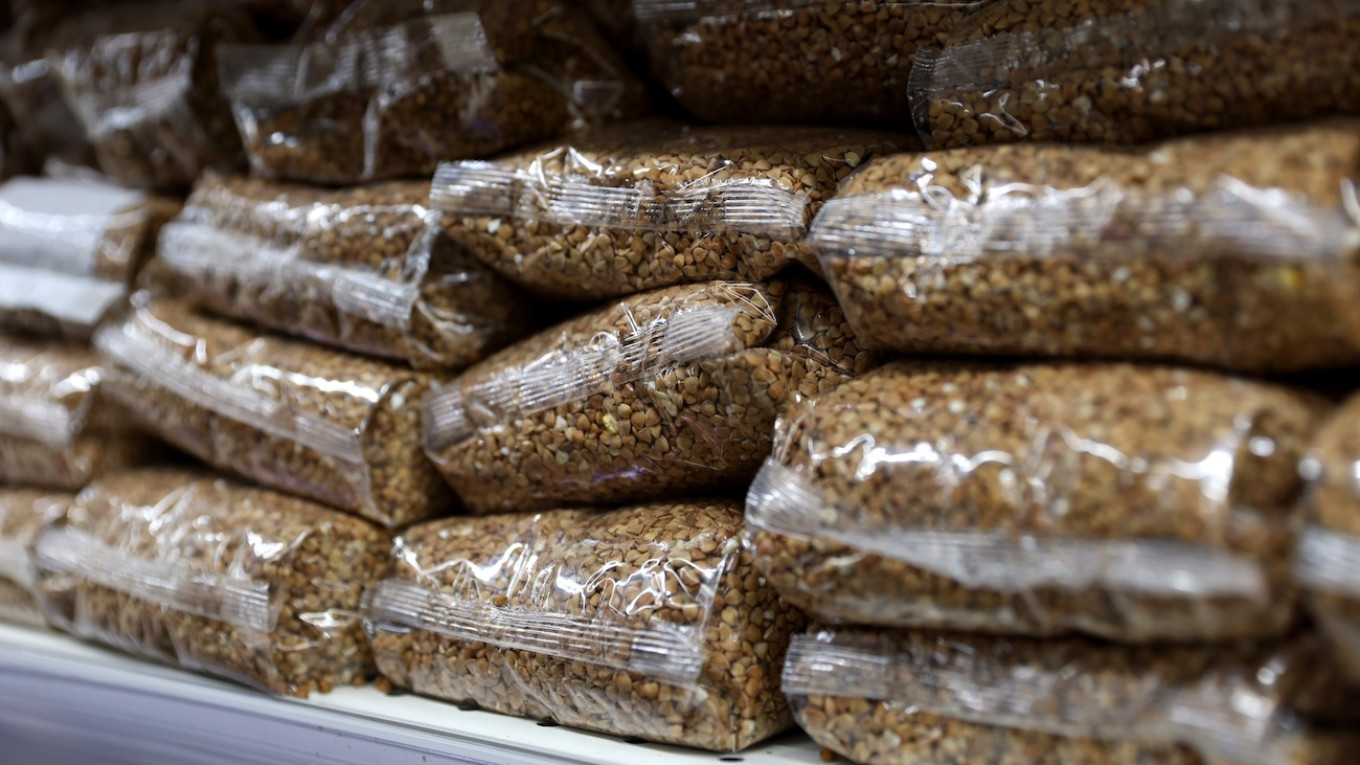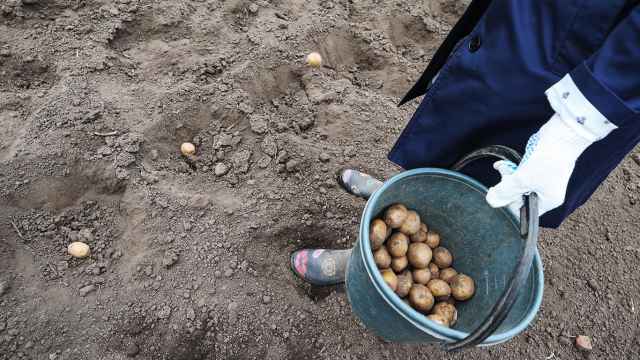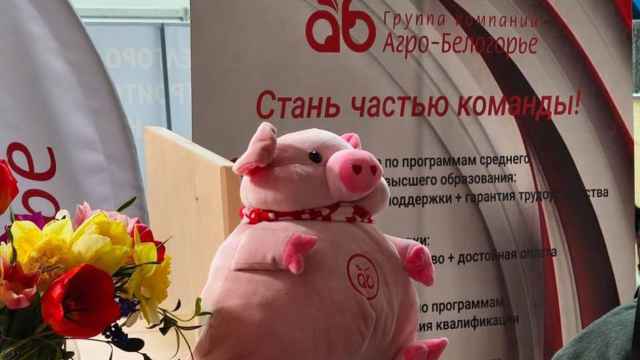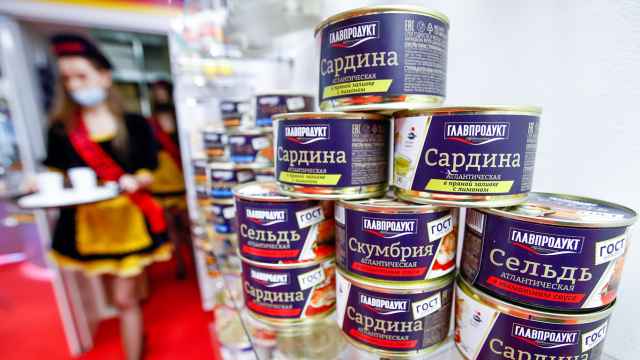Russia’s buckwheat harvest is on track to fall to its lowest level since 2019, the latest sign of strain in one of the country’s staple crops.
Analysts at the AB-Center agricultural consultancy estimate that the 2025 harvest will decline by 35% year-on-year to 788,000 metric tons.
The sharp drop comes as farmers drastically reduce the amount of land sown with buckwheat, which fell to 733,400 hectares this year — the smallest area in 22 years.
Vladimir Petrichenko, head of the ProZerno analytical center, said that although farmers reduced planting across all grains, the decline in buckwheat was the most dramatic, with sown areas for buckwheat plunging 32% compared to just 5% for grains overall.
A ton of buckwheat currently sells for 23,000 to 24,000 rubles ($286-$300), while buckwheat groats fetch just 16,000 rubles ($200).
“Buckwheat has been cheaper than third-class wheat this season. For producers, that’s close to catastrophic. At these prices, it’s simply unprofitable to grow,” Petrichenko told the trade outlet Agroinvestor.
Meanwhile, per-capita demand for buckwheat, a hearty grain long considered a staple of the Russian diet, reached a historic high of 3.47 kilograms this year, according to AB-Center.
Rising food inflation has driven households to seek out cheaper sources of carbohydrates, boosting demand.
Still, analysts see little chance of further consumption growth.
Production currently exceeds domestic demand by about 11% and exports are almost exclusively limited to China, which imported 280,000 tons of Russian buckwheat last year, the same volume as the year before.
Planting has fallen across all major producing regions, including the republic of Bashkortostan as well as the Altai, Oryol and Novosibirsk regions.
With the smaller harvest, the market is expected to draw down stockpiles of about 700,000 tons, roughly the same level as at the start of last season.
“Those reserves will shrink this year,” Petrichenko said.
A Message from The Moscow Times:
Dear readers,
We are facing unprecedented challenges. Russia's Prosecutor General's Office has designated The Moscow Times as an "undesirable" organization, criminalizing our work and putting our staff at risk of prosecution. This follows our earlier unjust labeling as a "foreign agent."
These actions are direct attempts to silence independent journalism in Russia. The authorities claim our work "discredits the decisions of the Russian leadership." We see things differently: we strive to provide accurate, unbiased reporting on Russia.
We, the journalists of The Moscow Times, refuse to be silenced. But to continue our work, we need your help.
Your support, no matter how small, makes a world of difference. If you can, please support us monthly starting from just $2. It's quick to set up, and every contribution makes a significant impact.
By supporting The Moscow Times, you're defending open, independent journalism in the face of repression. Thank you for standing with us.
Remind me later.






